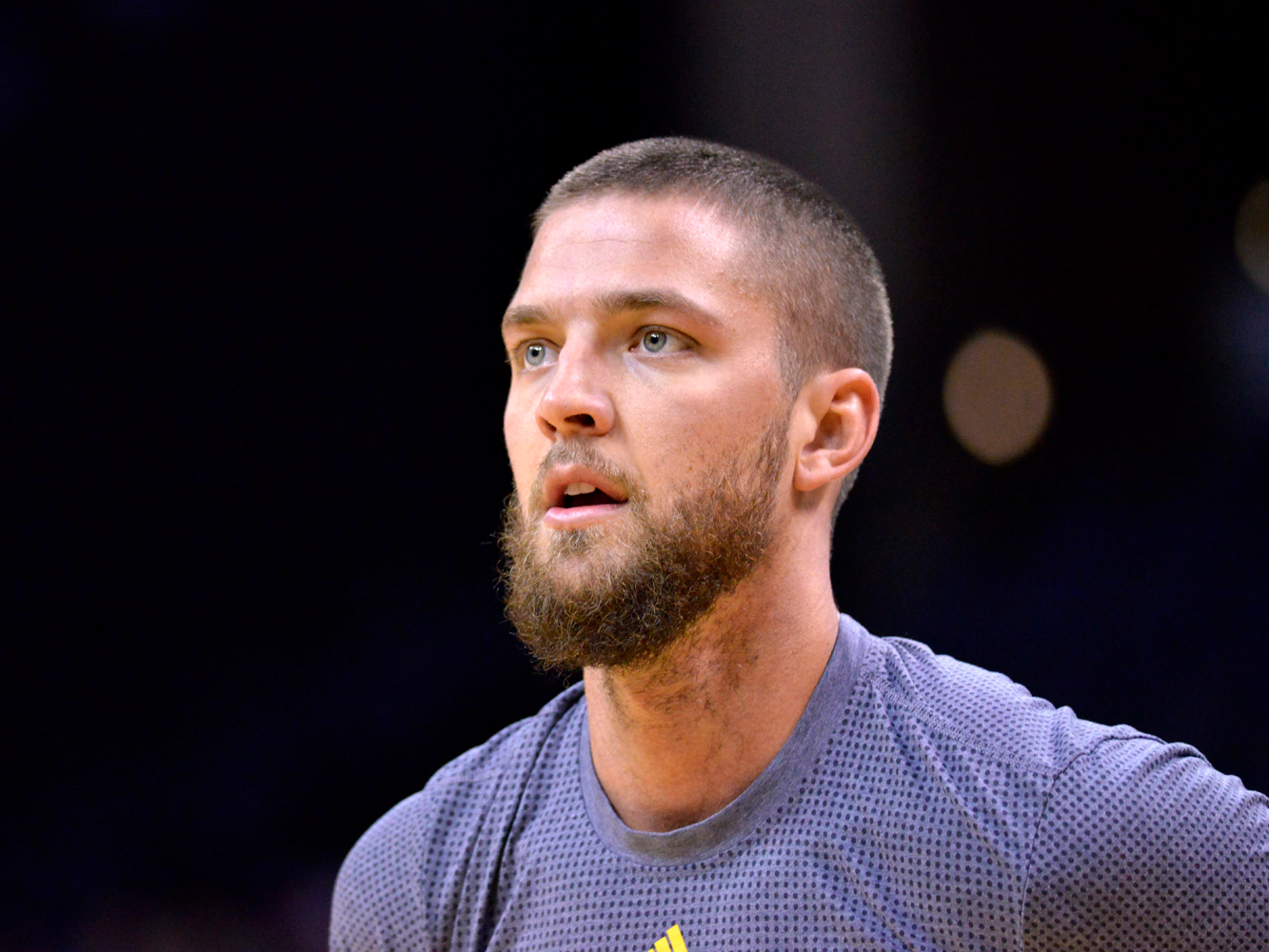Even in an NBA era with a rising salary cap and higher salaries all around, bad contracts can still exist.
Over two months into the season, Chandler Parson’s contract with the Memphis Grizzlies looks worryingly like it could be a bad one.
Over the offseason, the Grizzlies gave Parson a max. contract, worth $94 million over four years, luring him from the Dallas Mavericks and early suitors like the Portland Trailblazers.
Nearly all max deals carry a risk, but Parsons’ deal was especially risky. Parsons has undergone two knee surgeries, a “hybrid microfracture” surgery in 2015 which kept him out of multiple games in the 2015-16 season and one to address a torn meniscus in 2016. In his two seasons with the Mavericks, he never topped 66 games.
His tenure with the Grizzlies is not off to a good start. Parsons has played just 12 games of a possible 38 and is yet to play in back-to-backs. In 18 minutes per game, he’s averaging five points and two rebounds while shooting 33% from the field and 18% from three-point range. While his minuscule numbers are undoubtedly dragged down by limited minutes and a lack of rhythm, there’s cause for concern.
According to ESPN's Zach Lowe, people within the Grizzlies don't know when Parsons will be able to play full minutes (he hasn't played over 20 in a game since November) or play in back-to-backs. As Lowe notes, Parsons has looked sluggish and stiff on the court, writing, "He's upright and stiff, slower both with and without the ball, and he requires a Dirk-level deep knee bend to load his jumper. His shot has always been on the flat side, but it's a clothesline right now."
These are not necessarily signs that Parsons won't return to form. Lowe also notes that Parsons played some of the best basketball of his career over the second half of the 2015-16 season, averaging 17 points, five rebounds, and four assists per game on 51% shooting after the All-Star break.
But as ESPN's Tim McMahon documented in November, Cuban and the Mavericks did not re-sign Parsons, despite their close relationship, because of concerns over how his knee would hold up. McMahon reported in July when the Grizzlies signed Parsons that "multiple renowned orthopedic specialists" believe Parsons' knee will not be an issue going forward.
That Parsons seems this creaky and ineffective into the contract is still worrisome. While he could return this season and look like the crafty playmaker, shooter, and solid defender the Grizzlies hoped to sign, there are still three more years of max money on his deal. At 28, if Parson were to get re-injured or to miss more time, the deal could become a problem for Memphis.

